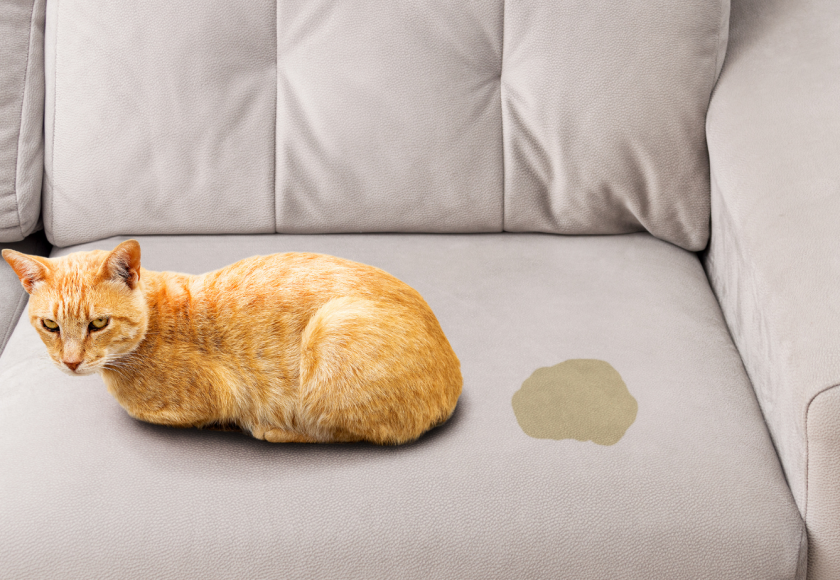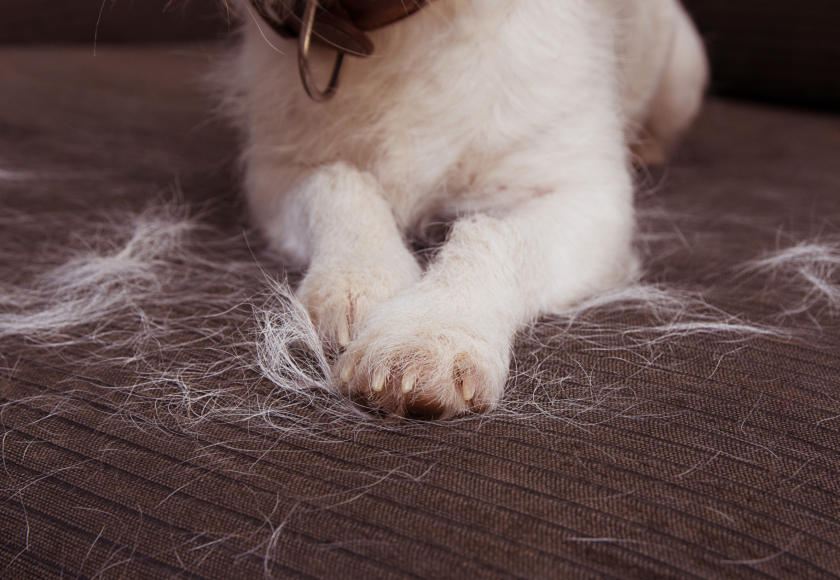Diabetes mellitus in cats is one of the most common endocrine diseases that can affect your pet’s health.
Diabetes in cats occurs when the cat’s body no longer produces enough insulin or becomes resistant to it, causing excessive glucose levels to build up in the blood.
If not diagnosed and treated in time, diabetes in cats can lead to serious health problems and even be life-threatening.
Table of contents
Diabetes in cats – why does a cat get sick?
Diabetes mellitus in cats is usually caused by several main factors and causes:
- Overweight and obesity: Being overweight increases the risk of insulin resistance.
- Unbalanced diet: A diet high in carbohydrates can contribute to increased blood glucose levels.
- Genetics: Some cat breeds may be genetically more prone to diabetes.
- Age: Older cats are more likely to develop diabetes.
- Stress and other chronic or acute pancreatic diseases: Long-term stress and other health problems, such as pancreatitis, pancreatic cancer, or hormonal imbalances, can also cause this disease.
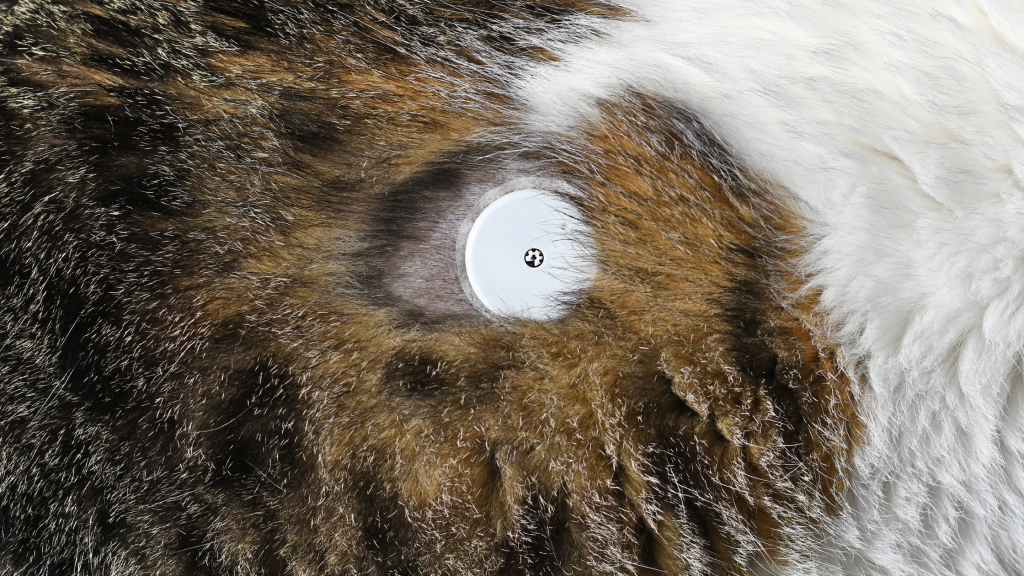
How to recognize the symptoms of diabetes in cats?
Diabetes mellitus often develops gradually, so it is important to pay attention to the following symptoms:
- Increased thirst: The cat begins to drink more water than usual.
- Frequent urination: Due to increased fluid intake, the cat urinates frequently.
- Increased appetite: The cat may eat more but still lose weight.
- Weight loss: Despite a good appetite, the cat loses weight.
- Apathy and weakness: The cat becomes less active, may be lethargic and tired.
- Poor coat condition: The coat becomes dull and matted.
- Weakness in the limbs: Some cats may walk with their hind legs bent, a condition known as diabetic neuropathy.
Sign up for a consultation at the Begemotas veterinary clinic and ensure that your pet lives a healthy and happy life.
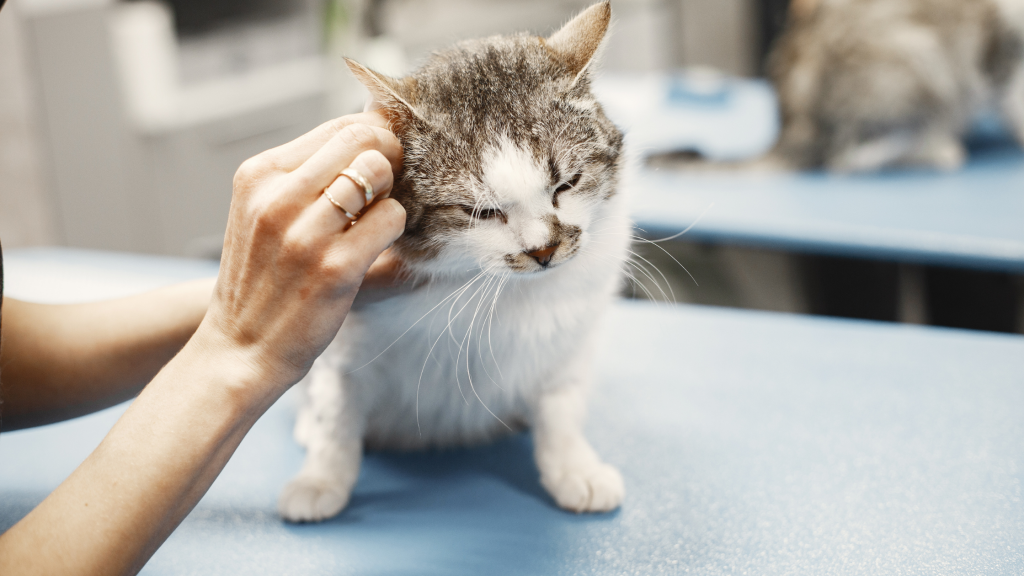
How is diabetes diagnosed in cats?
The veterinarian will perform several tests:
- Blood tests: General blood parameters and overall health status are determined, blood glucose levels are measured, and biochemical blood parameters indicate the functionality of internal organs.
- Urine tests: Check for glucose in the urine.
- Overall health assessment: The veterinarian will assess other possible diseases that could contribute to the development of diabetes and perform ultrasound or X-ray examinations as needed and depending on the animal’s condition.
Once diabetes has been diagnosed in your cat, your veterinarian will develop an individual treatment plan based on your cat’s health status and needs.
How is diabetes mellitus treated in cats?
Initially, treating diabetes in cats may require intensive care from the owner and cooperation with the veterinarian:
- Insulin injections: Most cats will need regular insulin injections.
- Special cat food: A low-carbohydrate, high-quality diet helps maintain stable blood glucose levels.
- Regular check-ups: Regular visits to the veterinarian are necessary to monitor the progression of the disease.
- Weight control: If your cat is overweight, it is necessary to put it on a diet.
- Additional medications and supplements: Along with insulin, cats are prescribed additional medications for diabetes control and treatment, depending on the condition of the pancreas and stress levels.
- Physical activity: Encourage your cat to move more. Play with it.
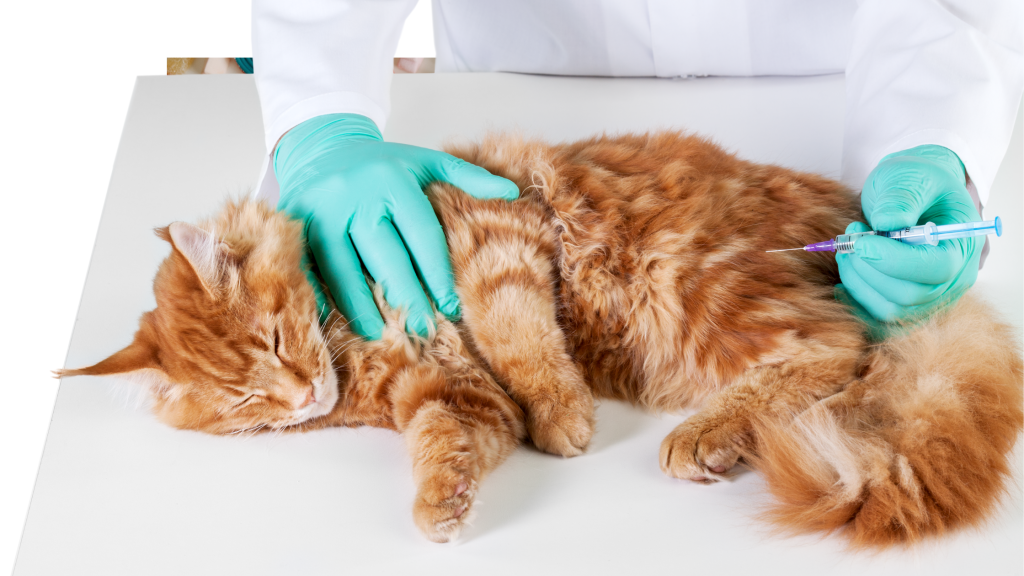
When to contact a veterinarian?
If you notice any of these symptoms, do not wait – contact your veterinary clinic as soon as possible.
With timely diagnosis of diabetes in cats, serious complications can be prevented. The reliable veterinary clinic Begemotas in Vilnius will quickly and accurately determine your cat’s health status and prescribe the necessary treatment.
The Begemotas Veterinary Clinic in Vilnius specializes in the diagnosis and treatment of cat diseases. Professional veterinarians will provide your pet with comprehensive care, from a thorough examination to a long-term treatment plan.
Modern equipment allows for quick and accurate diagnosis of diseases, and our dedicated staff will ensure that your cat receives the highest quality care.



